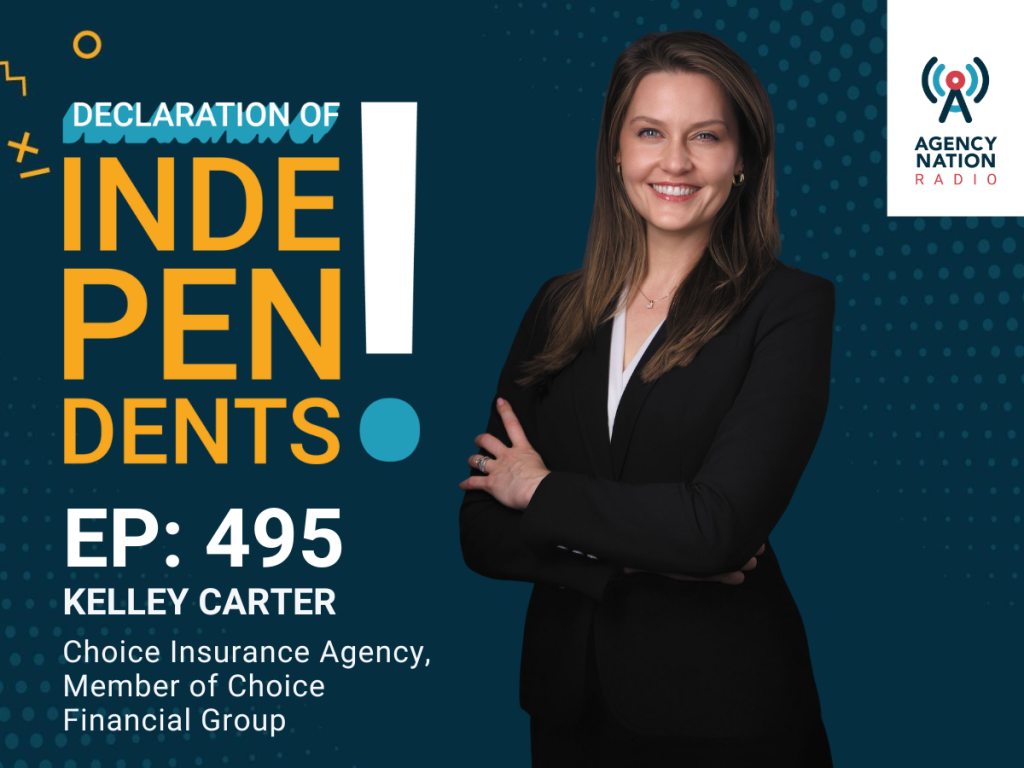4 Ways to Make Your Commercial Auto Insurance Book Run Smoothly

By: Olivia Overman
The commercial auto market has been struggling with high loss frequency and severity for over a decade, and while 2020 provided a little reprieve when roads became less congested due to the coronavirus pandemic restrictions, the increasing loss severity continues.
During the first six months of 2021, motor vehicle deaths increased by 16%, according to the National Safety Council (NSC). “The NSC also estimated that the cost of motor-vehicle deaths, injuries and property damage in the first half of the year were nearly $242 billion,” says Lindsey Guerrant, small commercial product strategy lead, Liberty Mutual. “This trend impacts commercial auto in the same ways it impacts the personal auto market.”
While rates continue to consistently rise, the commercial auto insurance industry is expected to continue to expand with ongoing strong demand from downstream clients resulting from increased shipping volumes and e-commerce sales amid the pandemic.
“Rates are certainly going up, and there’s a need for them to go up,” says Mark Gallagher, vice president, national transportation practice leader, Risk Placement Services (RPS). “There are adverse conditions still prevalent in all segments of the transportation industry—public auto, last-mile delivery and trucking segments—that are dealing with the implications of distracted driving, adverse judgments and the cost of technology.”
In a complicated market, agents are in a prime position to assist their clients in “managing premiums and to share best practices and risk management concepts before bad habits emerge, as carriers are scrutinizing prior experience,” says Mike Miller, commercial lines business leader, Progressive Insurance. “Many carriers are taking a closer look at renewals and pushing higher deductibles or adjusting terms and conditions on policies.”
Here are four ways agents can help:
1) Understanding the business. “Understanding the specifics of a client’s business operations is critical: How are vehicles being used? Who owns them? And who operates them?” Guerrant says. “The greatest value add agents can provide is helping clients understand and fill any potential gaps in coverage, and making sure they aren’t left with an expensive bill in the event of an auto accident.”
This is particularly important for businesses involved in last-mile delivery of food, goods and services for the first time. “Especially for small businesses, it’s common to have employees occasionally use their personal vehicles or rent a car for work purposes,” Guerrant says. “In most cases, these uses aren’t covered on the policy without hired auto physical damage or non-owned auto liability.”
“If a business relies on a vehicle for daily operations, agents should also be sure to discuss rental reimbursement coverage, which will cover the cost of a rental car in the event of an accident that requires repairs and help make sure the business can maintain those regular operations that require a vehicle,” Guerrant continues.
2) Classify correctly. “Be as thorough as possible in determining the business classification and the use of the vehicle when rating the policy,” says Emmanuel Viant, head of Bristol West® commercial auto product, Farmers Insurance. “For example, a dirt, sand and gravel hauler for hire is not the same as a landscaper moving dirt with their vehicles for their own purpose.”
3) Review contract requirements. As companies evolve, agents should work with clients to understand “what coverages customers want and need, but to also review each company’s contract to be aware of what is, or is not covered on a policy, to help avoid unpleasant situations should a claim arise,” Viant says.
Clients need to disclose how they earn an income from their business and classify it properly and disclose all drivers and vehicles needing coverage. “It is certainly a service to the customer to review the coverages they’ve selected,” Viant continues.
4) Provide underwriters what they need. “Providing a complete submission by having an understanding of what other information carriers are looking for and being able to provide that information to them is key,” Gallagher says. “In addition, providing a good narrative of what the client is doing to have great safety scores, any investments they’ve made in telematics, or what they’re doing to correct some of their issues, certainly opens the door to have more in-depth conversations with carrier partners who want to know more about potential clients.”
Olivia Overman is IA content editor.










